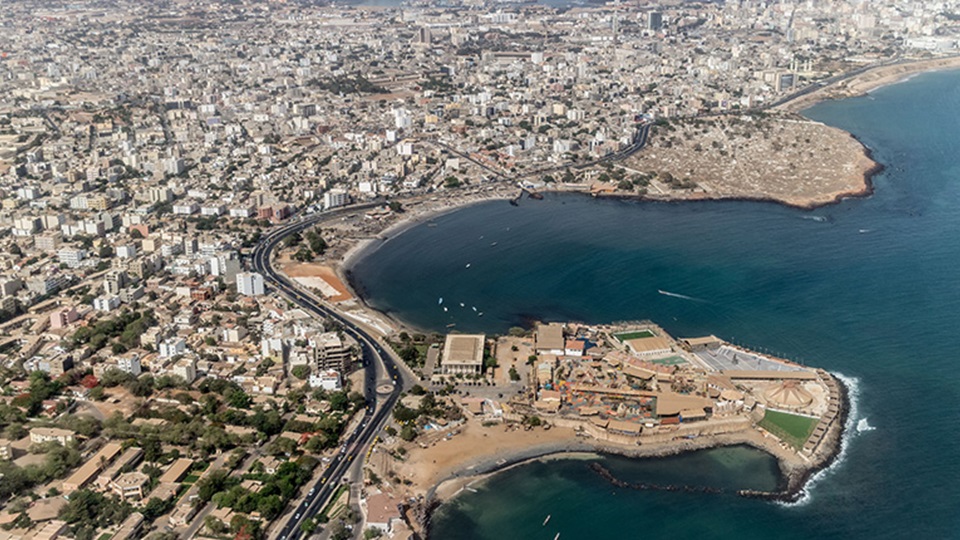

Modelling Nigeria’s path to 100% renewable energy by 2060
Nigeria has set some of the most ambitious decarbonisation targets in Africa. The
country seeks to take the lead in climate action and aims to achieve carbon neutrality by 2060
whilst also meeting the nation’s growing energy needs and offer universal access to electricity to
its population.
Besides its 2060 carbon neutrality target, Nigeria has also established a “30-30-30” target,
which aims to reach 30 GW of grid-connected capacity with at least 30% of renewable capacity
by 2030. This study provides a realistic and data-driven plan to establish the optimal energy
transition strategy that Nigeria can adopt to reach both objectives
For more insights for the rest of Africa, visit Pathways for Africa's Energy Future
To leapfrog, the first steps need to be taken today
Africa has a once-in-a-generation opportunity to leapfrog into a renewable and reliable energy future.
But how can you talk about leapfrogging, if you don't have a word for it? That's why we teamed up with native speakers from across the continent to help us talk about #Leapfrogging4Africa.
By 2030, Nigeria can
![]()
Decrease electricity production costs by 74%
![]()
Install 1190 GW carbon neutral capacity
![]()
Drop carbon emissions to zero
The gap between the country’s energy needs and its current provision is wide, but far from impossible to close


